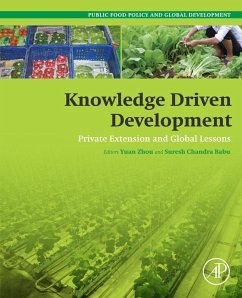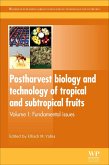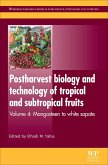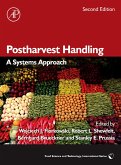Chapters presenting individual cases of private extension also highlight specific areas of variations and significant deviance. Each chapter begins with a section describing the background and agricultural context of the case, followed by a description of the specific crop value chain. Based on understanding of this context, extension models and methods by private companies receive deeper analysis and definition in the next section. This leads to a discussion of the private extension with respect to its relevance, efficiency, effectiveness, equity, sustainability and impact. Following that, comparison with public extension, the uniqueness of the knowledge intensification model, and lessons for its replication and scaling up are elaborated. The final chapter summarizes the major results from the ten cases presented, looking at the trends, commonalities and differences of various extension approaches and the general lessons for success or failure. It concludes with a set of messages around value creation, integrated services, market links, inclusive innovation, and capacity development.
- Provides understanding of different knowledge sharing and intensification models of extension delivery and financing by private companies across the agricultural value chains
- Assesses the factors leading to successes or failures of various approaches
- Draws lessons and recommendations for future endeavors relating to private extension policies and programs
Dieser Download kann aus rechtlichen Gründen nur mit Rechnungsadresse in A, B, BG, CY, CZ, D, DK, EW, E, FIN, F, GR, HR, H, IRL, I, LT, L, LR, M, NL, PL, P, R, S, SLO, SK ausgeliefert werden.









